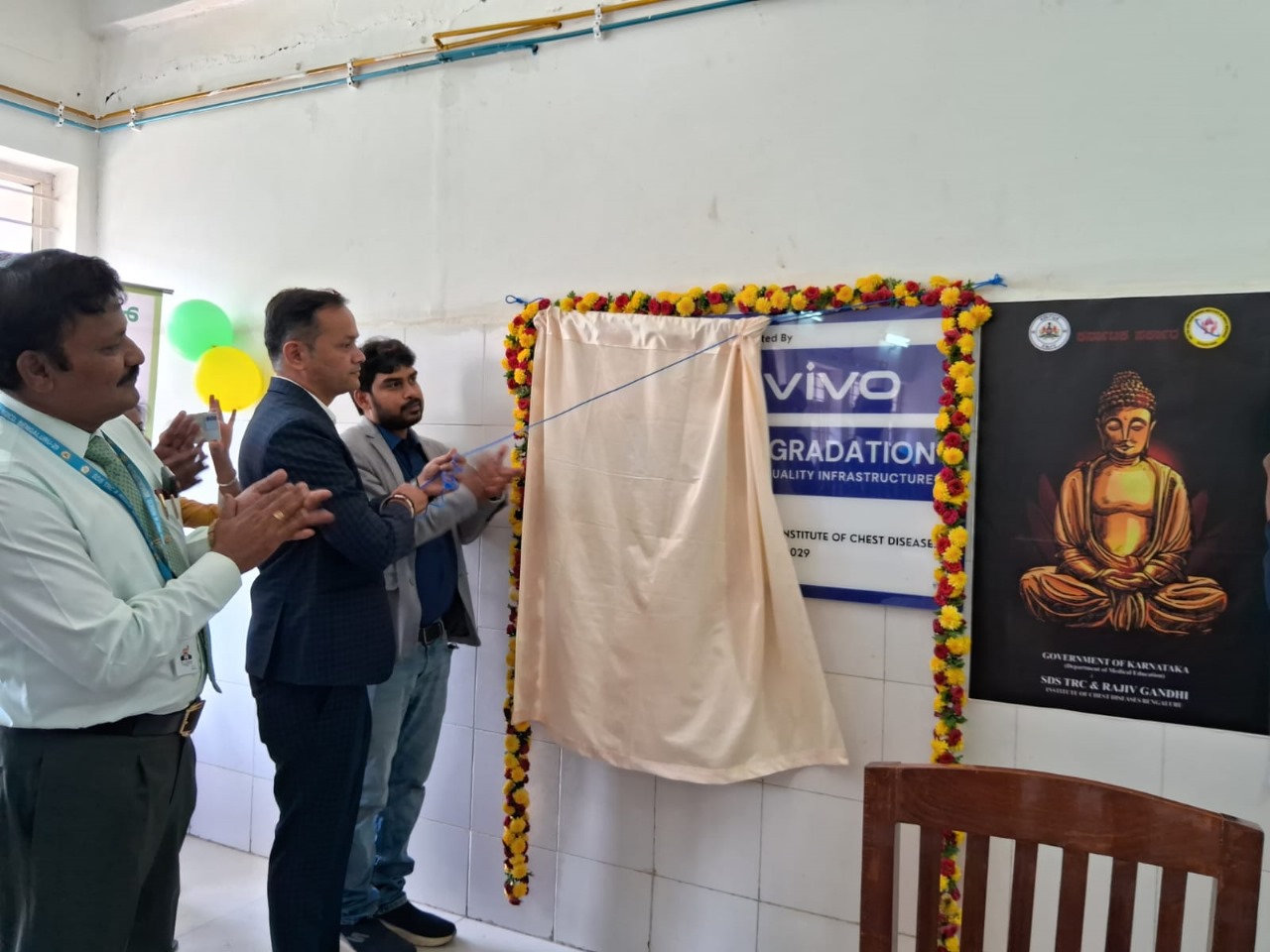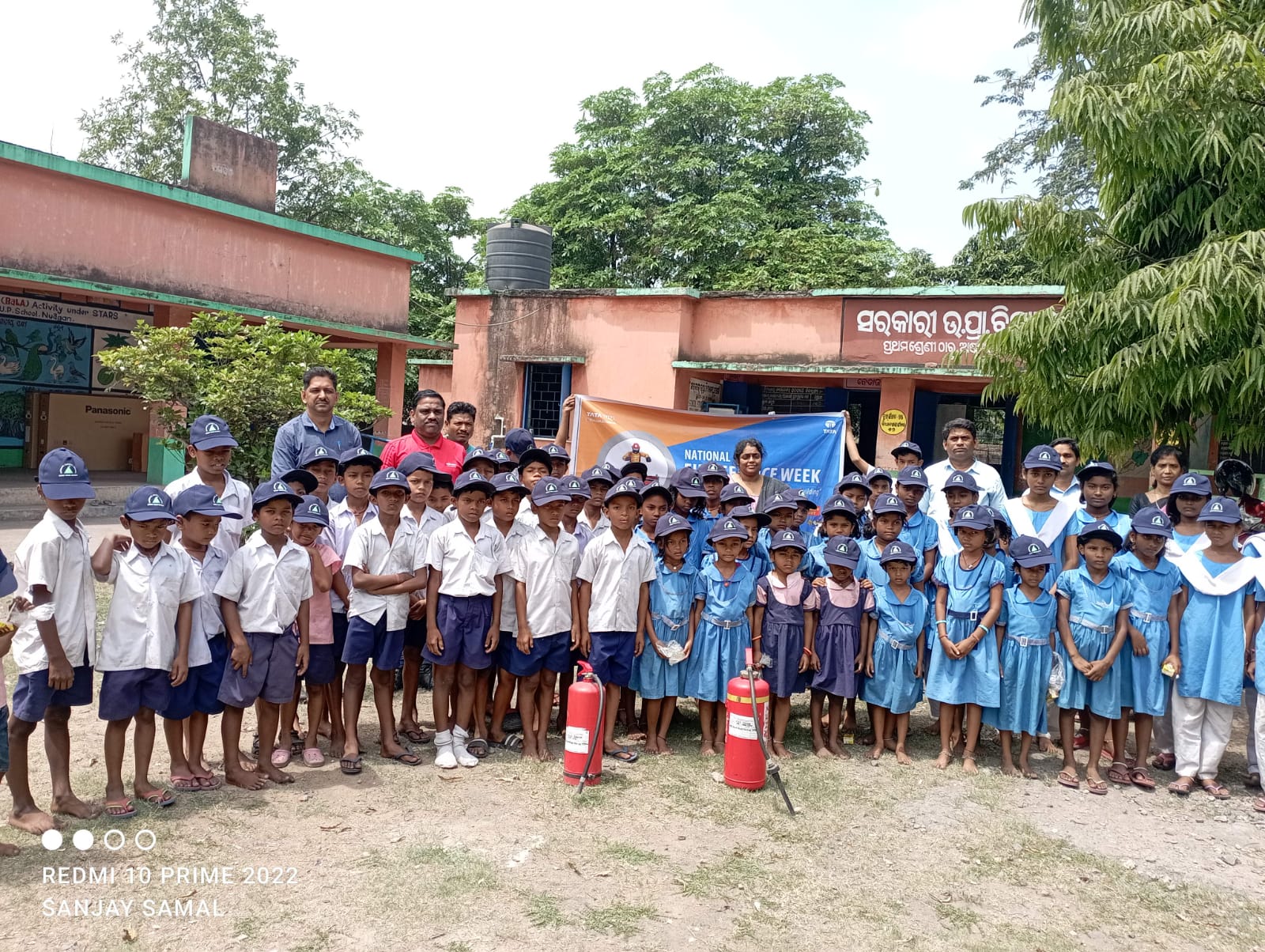Subscribe our Weekly Newsletter
RFP on Impact Assessment of Agri-Business Centers in ITC’s Mission Sunehra Kal programme locations

Organization: ITC
Apply By: 28 May 2018
Request for Proposal on Impact Assessment of Agri-Business Centers in ITC’s Mission Sunehra Kal programme locations
Introduction and Background of the Project
Rural agricultural communities, that constitute the core of ITC’s multiple agri value chains, form one of the Company’s key stakeholder groups. ITC’s Social Investments programmes are largely targeted towards supporting sustainable livelihoods and improving the socio-economic status of these communities.
In India, the average land-holding is 1.15 ha/household in 2010-11, of which marginal farmers constitute 22.5% with an average land-holding of 0.39 hectares. Small land holdings bring down the investment capacity of farmers and also escalates cost of cultivation mainly when external input/equipment are used. Adding to the woes of small and marginal farmers is the fact that 50% of these farmers do not have assured or any irrigation source and are dependent on rainfall for farming. These limitations coupled with other issues agriculture faces related to knowledge gaps, marketing challenges etc., have effected farmers adversely.
ITC’s Climate Smart Agriculture programme addresses the challenges faced by the farmers through an eco-system approach, which includes:
- Farmer capacity building through Farmer Field Schools (FFS) and other training modules;
- Natural Resources Management for sustaining crop cultivation – water, soil heath and biodiversity; and
- Institutional support by promoting farmer groups referred to as Agri Business Centers (ABC) for self-help.
The ABCs are unregistered farmer groups formed for the purpose of self-help and collective action to overcome issues that are faced by small holders. Major activities include collective input procurement, credit services for members with money pooled from external and internal sources and agri equipment hiring.
Objectives of ABCs
- Reduce cost of cultivation through collective action; and
- Improve productivity by sourcing quality inputs and taking up practices in time.
Scope of the Study
1. Socio-economic impacts of the interventions on ABC members by comparing pre and post project status and triangulating it with differences between ABC and non-ABC (control) members. The detailed analysis of impacts and reasons for impact should cover the following:
- Cost of cultivation (including the interest component) for the major crop of each of the ABC;
- Collective input procurement – volume handled by group (input wise), specific benefits to members in terms of saving of time, labour, cost and quality difference of inputs procured;
- Impact of agri-equipment hiring on members - Savings in costs of cultivation due to equipment hiring (equipment wise), ease of equipment availability, awareness on equipment available with ABC and on how to hire equipment from the group;
- Difference in crop productivity and whether these were due to ABC’s interventions;
- Different sources of Agri credit - Different sources of agricultural credit taken by ABC members, vis-à-vis pre & post and control farmers. Analysis of interest/ repayment systems of each of the source and proportion of each of the source (namely - ABC, Banks, Money lenders & others).
2. Effectiveness of ABCs as institutions:
- Membership profile: Distribution of members based on gender, caste and landholding wise categorization;
- Awareness and Transparency: Leadership selection & rotation, member’s participation in decision making, member’s awareness of rules & regulations and services offered by ABCs;
- ABC’s Systems & Procedures: Book keeping, rules & regulations in place, cash handling, equipment maintenance and storage, member’s roles & responsibility;
- Financial sustainability: Method of fixing hiring charges, membership fees and interest on loan repayment. Percentage of actual collection for the three sources against plan;
- Agri equipment handling: Assessment of available equipment and relevance to farmers’ requirement, equipment wise potential utilization vis-à-vis actual utilization (i.e. hiring out) and market rates vis-à-vis ABC’s rates for hiring; and
- Emergence of ABCs as institutions to help members meet the challenges highlighted in the introduction.
3. Focused group discussions with ABC groups, NGO team and other stakeholders to understand all qualitative inferences related to successes, challenges, scope for improvement, etc.
4. Case studies of success stories from the project area.
Requirements from the agency
- The agency selected for this project should have expertise in assessing impacts of similar projects and adept in sampling methodology, handling large scale surveys, data collection, collation and compilation.
- For each scope, identify indicators (both quantitative and qualitative) in consultation with ITC. Each indicator considered for assessment to be compared against decided proportion of control field.
- The sampling methodology to take care of neutralizing all external factors so as to ensure that the results are the most accurate representation of the field situation. Proportionate selection of control cases to be planned as per statistical methodology.
- The agency to submit a detailed proposal and quotation strictly as per the formats provided in Annexure 1 & 2.
- Once selected, the agency may visit the area to understand the programme in detail. Based on the observations, the agency to plan sampling methodology, questionnaires for field interviews and logistics (translator etc.), Focused Group Discussions (FGDs) and case study documentation.
- Field testing of the questionnaire to be done with initial set of farmers and based on the feedback, entire study to be executed.
- Group discussion and other modules to be taken up as per plans and conducted through structured questionnaires and checklists. These exercises are meant for extraction of qualitative data and cross tabulation and triangulation of the quantitative survey results.
- Time to time sharing of emerging data and trends based on field data with ITC. Subsequent to the discussions with ITC Limited, these findings and analysis will be fine tuned and taken into consideration for the study report.
Expected Deliverables
- Inception report to be shared in the first month and ITC’s suggestions to be incorporated.
- Field data to be submitted in excel files along with all output tables.
- Draft report to be shared covering all scopes and district wise analysis. Report to be finalized after incorporating changes suggested by ITC.
- The final study report to be submitted in 2 hard copies (A4 Size preferably with bond paper and colored prints) and soft copy in CDs/pen drives.
- Agency to make a final presentation to ITC explaining the findings of the study.
- The study and data collected during study including photographs will be the property of ITC Limited and the agency shall not use it in any form without the written permission from a competent authority in ITC.
For submission of RFP or any further queries all correspondence may be directed to: itcmsk@itc.in
Last date for submission of proposals: 28th May, 2018
For more information please check the Link
Latest Online Store
Latest Grants
Latest News
© Renalysis Consultants Pvt Ltd


























